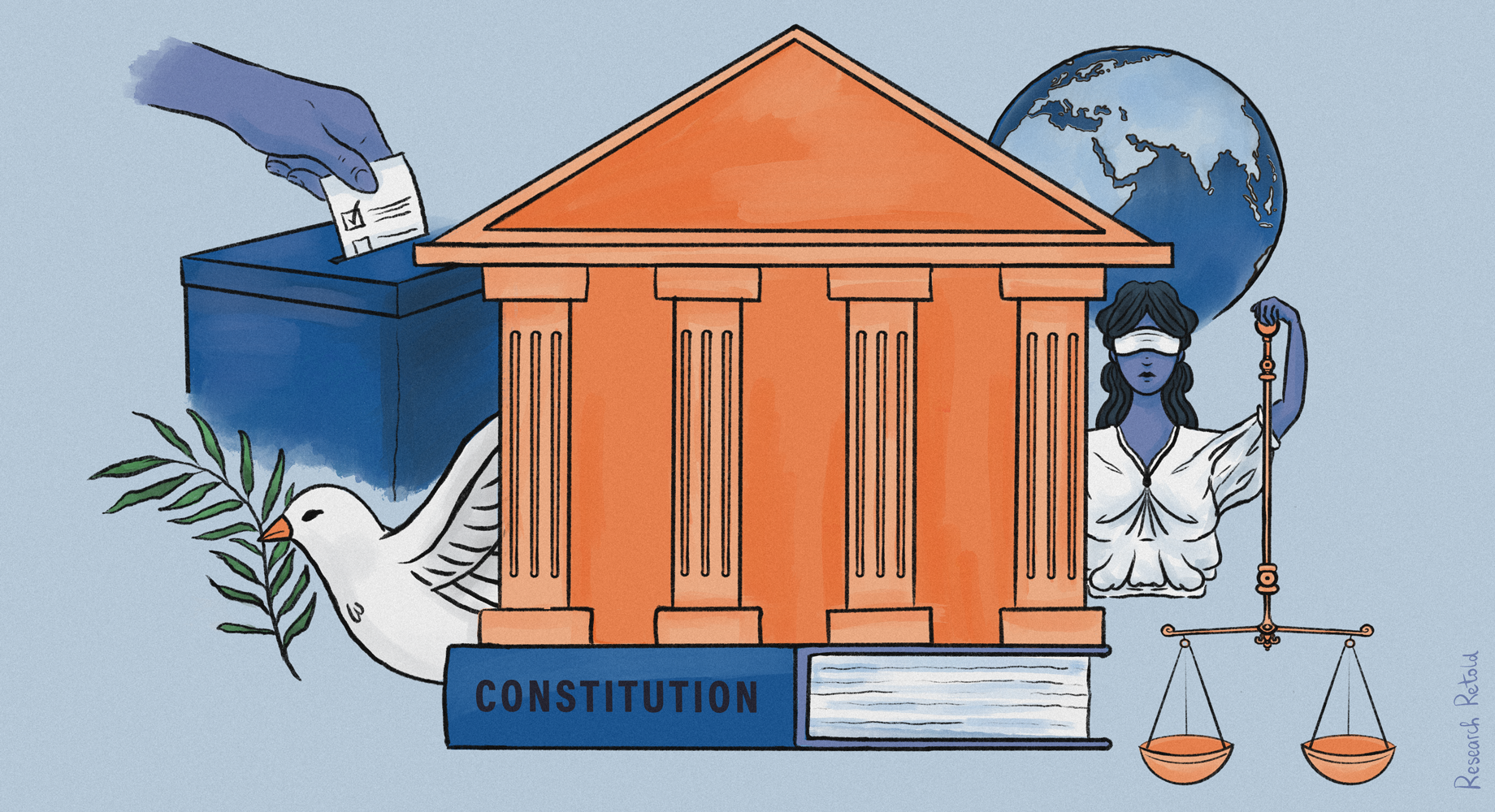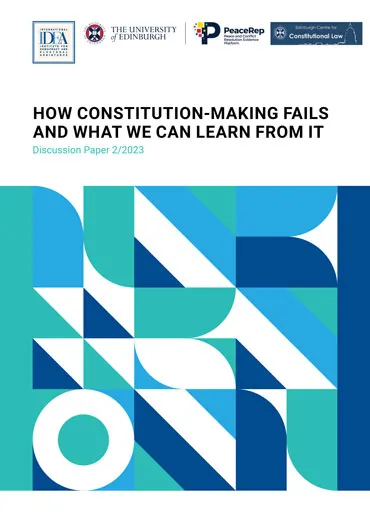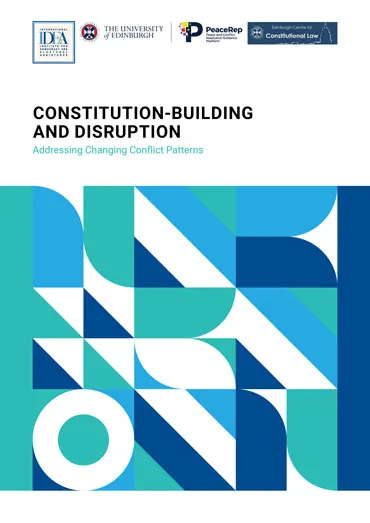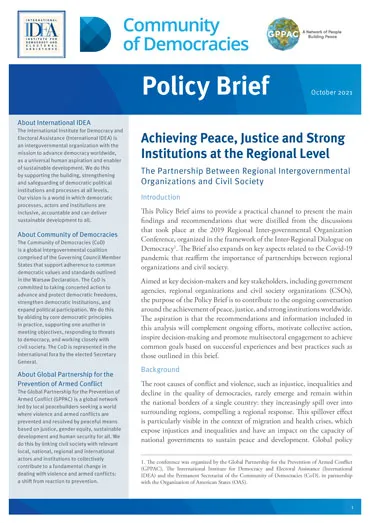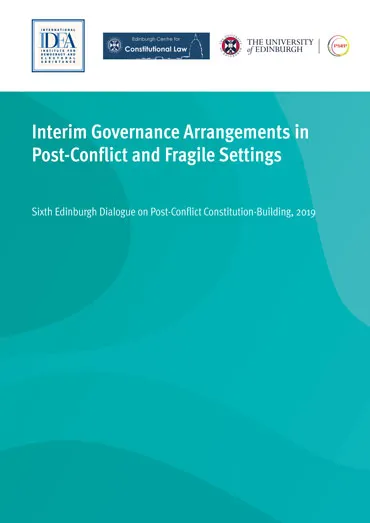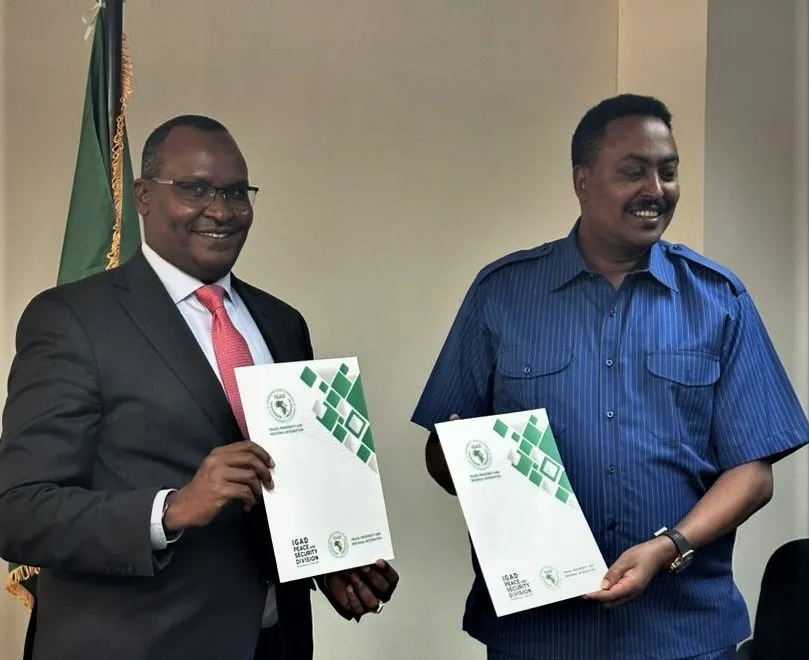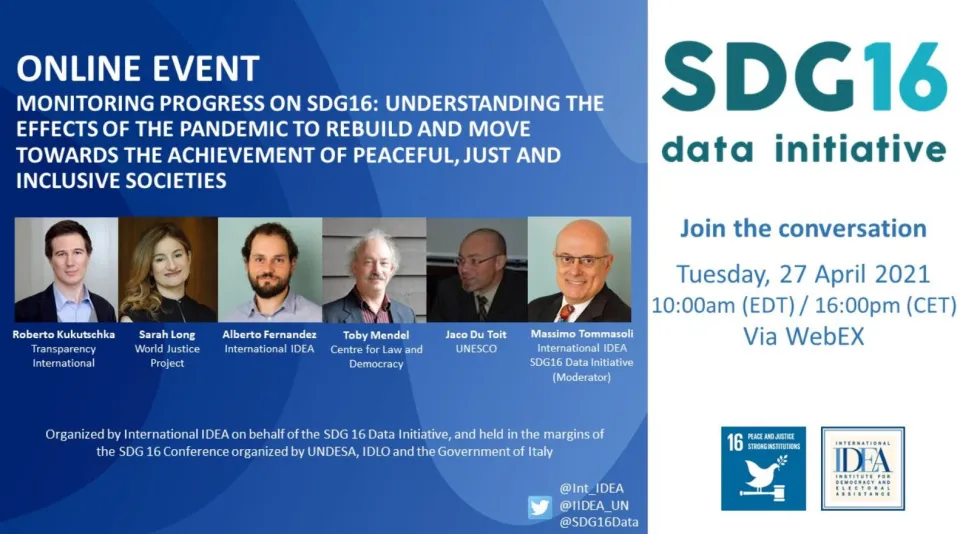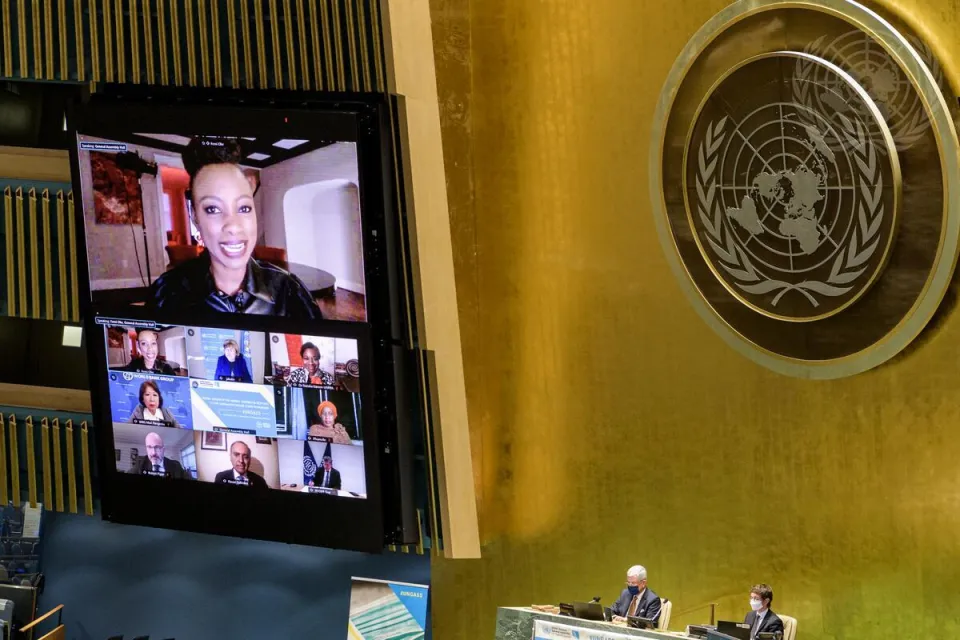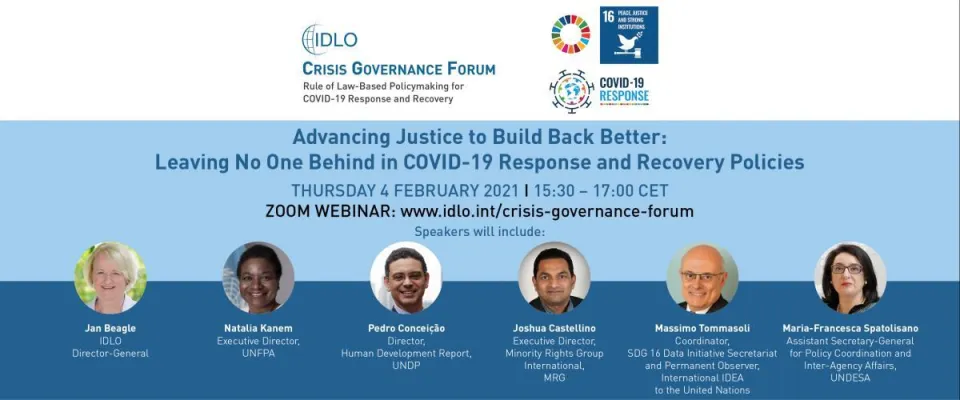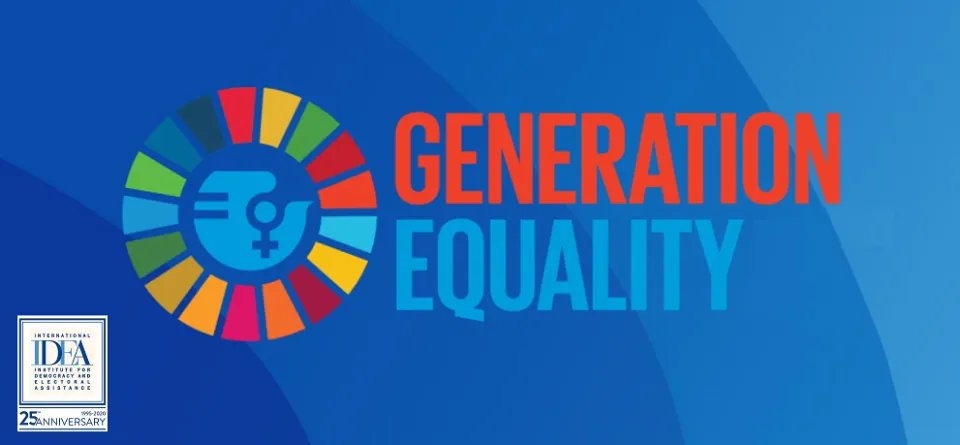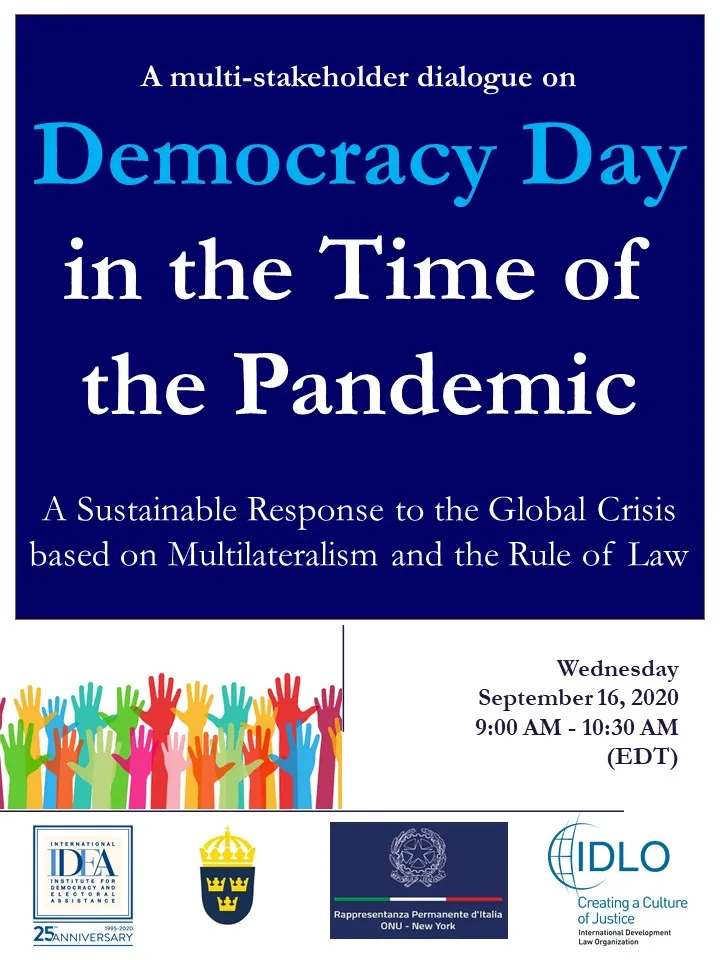The role of the Association of Southeast Asian Nations in post-conflict reconstruction and democracy support
As an intergovernmental institution, the Association of Southeast Asian Nations (ASEAN) is in the process of a long evolution that may transform it into a regional association with a significant role in post-conflict reconstruction and rebuilding, a departure from its usual role of low-key engagement in the internal affairs of its members.
Historically, ASEAN has not had much of an appetite for democracy-building initiatives in its member states, including in those affected by conflict. While some regional associations are now playing a role in humanitarian issues in countries where there is an ongoing conflict or a post-conflict scenario, ASEAN has not played any major role in such activities. There have been, however, instances where high-level discussions have occurred regarding ASEAN’s position or potential role in conflict situations.
This Discussion Paper provides recommendations on how ASEAN could build on its current mandate and institutional setup so that it can play a stronger role in post-conflict or conflict-afflicted member states.
Details
Contents
1. Introduction
2. ASEAN’s institutional mandates
3. Conflict in South-East Asia and the role of ASEAN
4. Adopting a post-conflict role for ASEAN
Conclusions
References
About the authors
About International IDEA
About the Inter-Regional Dialogue on Democracy
Give us feedback
Do you have a question or feedback about this publication? Leave us your feedback, and we’ll get back to you
Send feedbackThe role of the Association of Southeast Asian Nations in post-conflict reconstruction and democracy support
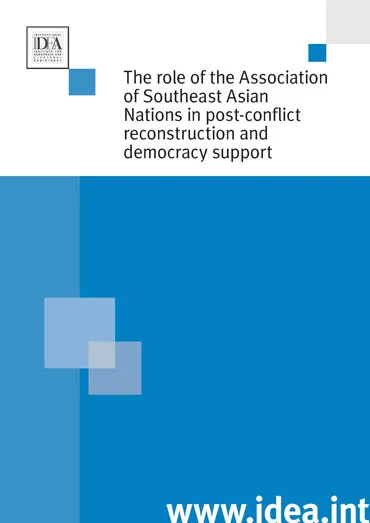
| Total views | 5401 |
|---|---|
| Downloads | 23 |
| Rating |
Give us feedback
Do you have a question or feedback about this publication? Leave us your feedback, and we’ll get back to you
Send feedback